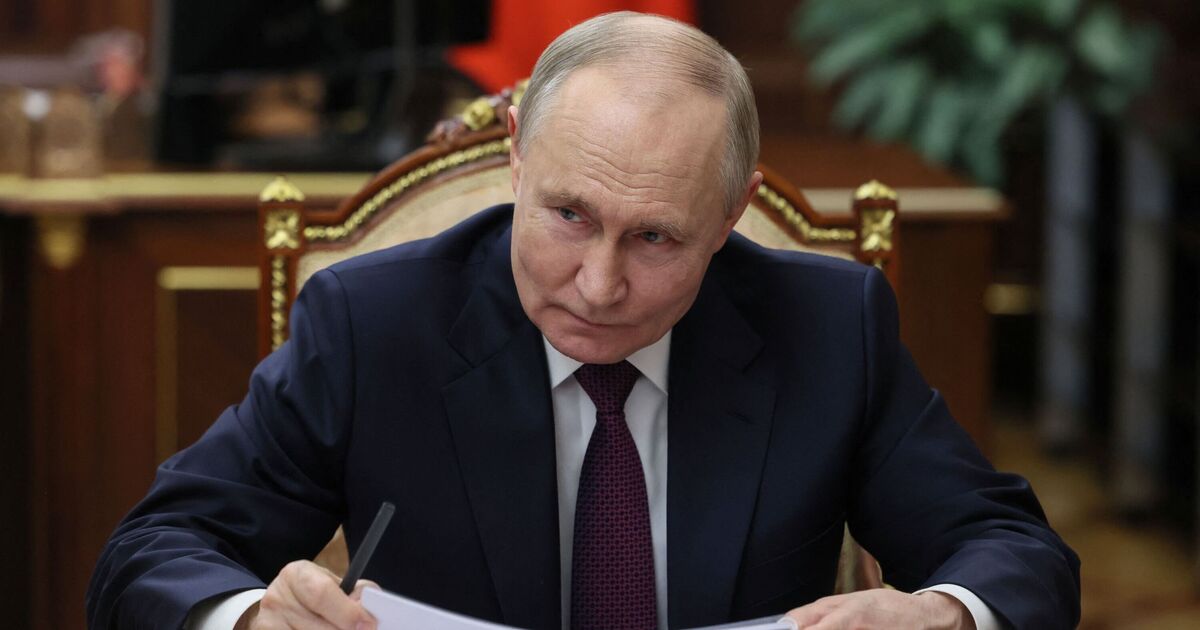Indian state refiners have stopped purchasing Russian oil after a stern warning from US President Donald Trump. India, the world’s third-largest importer of oil, is the biggest buyer of seaborne Russian crude, but the country’s state refiners have not sought Russian crude in the past week or so, sources familiar with the refiners’ purchase plans told Reuters.
This included refiners Indian Oil Corp, Hindustan Petroleum Corp, Bharat Petroleum Corp, and Mangalore Refinery Petrochemical Ltd. The four regularly buy Russian oil on a delivered basis and have turned to spot markets for replacement supply – mostly Middle Eastern grades such as Abu Dhabi’s Murban crude and West African oil – sources said. The US president rattled India’s oil refiners by citing their purchases of Russian crude oil as the reason behind his imposing hefty 25% import tariffs on all goods from their country.
Private refiners Reliance Industries and Nayara Energy are the biggest Russian oil buyers in India, however, state refiners control over 60% of the country’s 5.2 million barrels per day refining capacity.
None of the refiners or the federal oil ministry immediately responded to Reuters’ requests for comment.
On July 14, Mr Trump threatened 100% tariffs on countries that buy Russian oil, unless Moscow reaches a major peace deal with Ukraine.
Indian processors, who have become heavily dependent on cut-price Russian energy over the past few years, were already dealing with a proposed European Union ban on their exports of diesel made from Russian oil.
Mr Trump said in a social media post that India would be paying “a penalty” for its purchases of Russian crude in addition to the 25% tariff. It’s unclear at this stage what that would be, with refiners seeking clarity on the matter from New Delhi.
“There will be a scramble for cargoes,” R. Ramachandran – an Indian oil industry veteran who was director of refining at Bharat Petroleum Corp, before leaving the company in 2020 – told Bloomberg. “There is plenty of crude available in the market, it’s just that India will have to pay more,” adding that it would probably take three to six months before supply lines were realigned.
